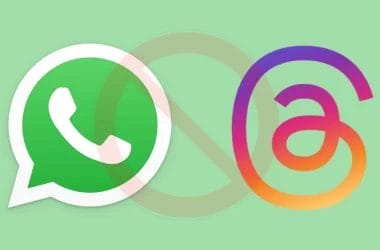YouTube will henceforth remove content that promotes “cancer treatments proven to be harmful or ineffective” or which “discourages viewers from seeking professional medical treatment.”
This action comes as the platform attempts to streamline its medical moderation guidelines to better tackle misinformation around health topics like covid-19, vaccines, and reproductive health.
The announcement was made in a post published on the YouTube blog today by Dr. Garth Graham, Director and Global Head of Healthcare and Public Health Partnerships, and Matt Halprin VP and Global Head of Trust and Safety.
“Starting today and ramping up in the coming weeks, we will begin removing content that promotes cancer treatments proven to be harmful or ineffective, or content that discourages viewers from seeking professional medical treatment. This includes content that promotes unproven treatments in place of approved care or as a guaranteed cure, and treatments that have been specifically deemed harmful by health authorities. For instance, a video that claims “garlic cures cancer,” or “take vitamin C instead of radiation therapy” would be removed,” the video platform announced.
YouTube said it has “dozens of our existing medical misinformation guidelines” which the platform is now set to streamline to fall under three categories;
- Prevention misinformation
- Treatment misinformation and
- Denial misinformation
“These policies will apply to specific health conditions, treatments, and substances where content contradicts local health authorities or the World Health Organization (WHO).”
The post also revealed that a playlist of engaging, informative cancer-related videos from a range of authoritative sources will be published in order to increase the amount of high-quality health content on the platform, and will be collaborating with Mayo Clinic on new video content to share information on a variety of cancer conditions.
Emphasizing that the major element considered in creating and enforcing these guidelines is the public interest, the platform said it would “allow content that is sufficiently in the public interest to remain on YouTube, even if it otherwise violates our policies.”
This would include debates and discussions, and content that provides educational, documentary, scientific and artistic (EDSA) context.
“We’ll continue to monitor local and global health authority guidance to make sure our policies adapt. We want our approach to be clear and transparent, so that content creators understand where the policy lines are, and viewers know they can trust the health information they find on YouTube.”






